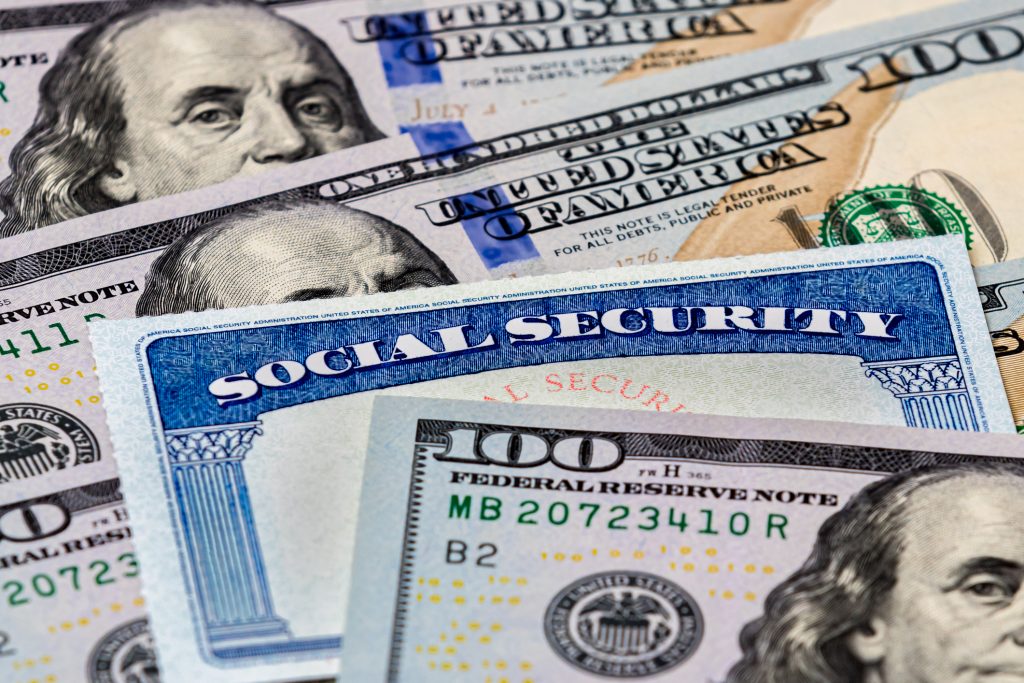
Image source: Getty Images
Credit cards can help you earn rewards, build credit, and even get perks like airport lounge access. But if you’re not using them wisely, they can also cost you hundreds (or even thousands) of dollars every year in fees, interest, and missed opportunities.
Looking for a secure place to grow your savings? See our expert picks for the best FDIC-insured high-yield savings accounts available today – enjoy peace of mind with competitive rates.
The good news? Most credit card mistakes are easy to fix once you know what to watch out for. Here are four of the biggest credit card mistakes that could be draining your wallet — and how to avoid them.
1. Carrying a balance and paying interest
One of the most common and expensive mistakes is carrying a balance from month to month. Credit cards have some of the highest interest rates, with the average APR hovering around 25%. If you’re not paying your balance off in full — or only making minimum payments — your balance can quickly snowball, costing you untold amounts in interest.
If you already have credit card debt, consider using a balance transfer card to pay it off faster and avoid interest charges.
2. Ignoring your credit card rewards
The perks and rewards offered by your credit cards are among the biggest reasons to use credit cards to begin with. For example, the best travel rewards cards can save you hundreds of dollars each year, while also giving you access to things like airport lounges and airplane seat upgrades.
But you have to use these cards strategically to maximize their value.
If you’re not taking full advantage of your credit card rewards, you’re leaving money on the table. Some of the best rewards cards offer cash back, travel perks, and bonus points, but you have to choose a card that fits your spending habits so you can earn rewards on the money you’re already spending.
3. Applying for too many cards at once
While having multiple credit cards can be beneficial, applying for too many at once can hurt your credit score. Each application results in a hard inquiry, which can temporarily lower your score. Plus, opening several new accounts at once can make lenders see you as a higher-risk borrower. Some issuers, like Chase, even have rules in place about how many of their cards you can apply for in a year.
Be strategic about applying for new credit cards. Space out your applications and only apply for cards that align with your financial goals.
Worried that your credit cards aren’t earning you the best rewards rates on the market? Check out our list of best credit cards now.
4. Closing old credit cards too soon
It might seem like a good idea to close a credit card you don’t use, but doing so can actually hurt your credit score. That’s because closing a card reduces your total available credit, which can increase your credit utilization ratio — a key factor in your score. Your credit utilization ratio is the total amount of your balances divided by your total available credit.
Your credit score also takes into account the length of your credit history. The longer you’ve been responsibly using credit, the better. Closing old accounts will shorten your credit history and possibly negatively impact your credit score.
Keep old credit cards open, especially if they don’t have an annual fee. If you’re worried about inactivity, set up a small recurring charge (like a streaming subscription) and automate the payment.
The bottom line
When used to our advantage, credit cards can be a boon for cash back, rewards points, and other perks. Just be careful to avoid these common mistakes that will ultimately ensure your credit cards do more harm than good.
Alert: highest cash back card we’ve seen now has 0% intro APR into 2026
This credit card is not just good – it’s so exceptional that our experts use it personally. It features a 0% intro APR for 15 months, a cash back rate of up to 5%, and all somehow for no annual fee!
Click here to read our full review for free and apply in just 2 minutes.
We’re firm believers in the Golden Rule, which is why editorial opinions are ours alone and have not been previously reviewed, approved, or endorsed by included advertisers.
Motley Fool Money does not cover all offers on the market. Editorial content from Motley Fool Money is separate from The Motley Fool editorial content and is created by a different analyst team.JPMorgan Chase is an advertising partner of Motley Fool Money. The Motley Fool has positions in and recommends JPMorgan Chase. The Motley Fool has a disclosure policy.
 benzinga.com
benzinga.com fool.com
fool.com



